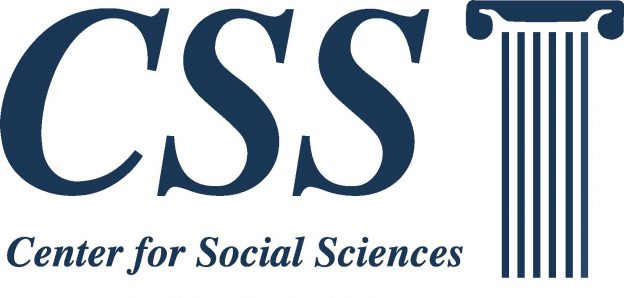Japaridze Elene
Zhghenti Nina
Barkaia Maia
Amashukeli Mariam
July 2013
The issue of gender equality has been overlooked by international organisations and local non-governmental organizations in Georgia. However, local and international communities have made pronounced progress with regard to raising awareness of gender issues through educational activities (Rusetsky et al. 2007; Zhghenti 2012). Additional aspects of democracy-building have been introduced with gender equality. Many studies (LaFont 2010; Lewis and Clift 2001) have demonstrated that young people represent a progressive force in social change and in the transformation of social and cultural meanings that lead to more liberal attitudes towards gender roles. Current literature also suggests that a number of factors, including gender, education, the type of settlement, employment and religion, influence the understanding of gender equality and gender roles in families and in society. Therefore, the aim of this paper is twofold: a) to determine whether young people have more liberal attitudes regarding a range of gender issues; and b) to examine the determinants of these gender attitudes. The paper supports the recommendations that Georgia received from the UN Human Rights Council in 2011 regarding the elimination of stereotypes (UN Human Rights Council Universal Periodic Review Mechanism and the Gender Perspective 2011).
This paper briefly reviews the relevant literature and the Georgian context in which our hypotheses are presented. This review is followed by a description of our methodology. This paper concludes with results and discussion.

